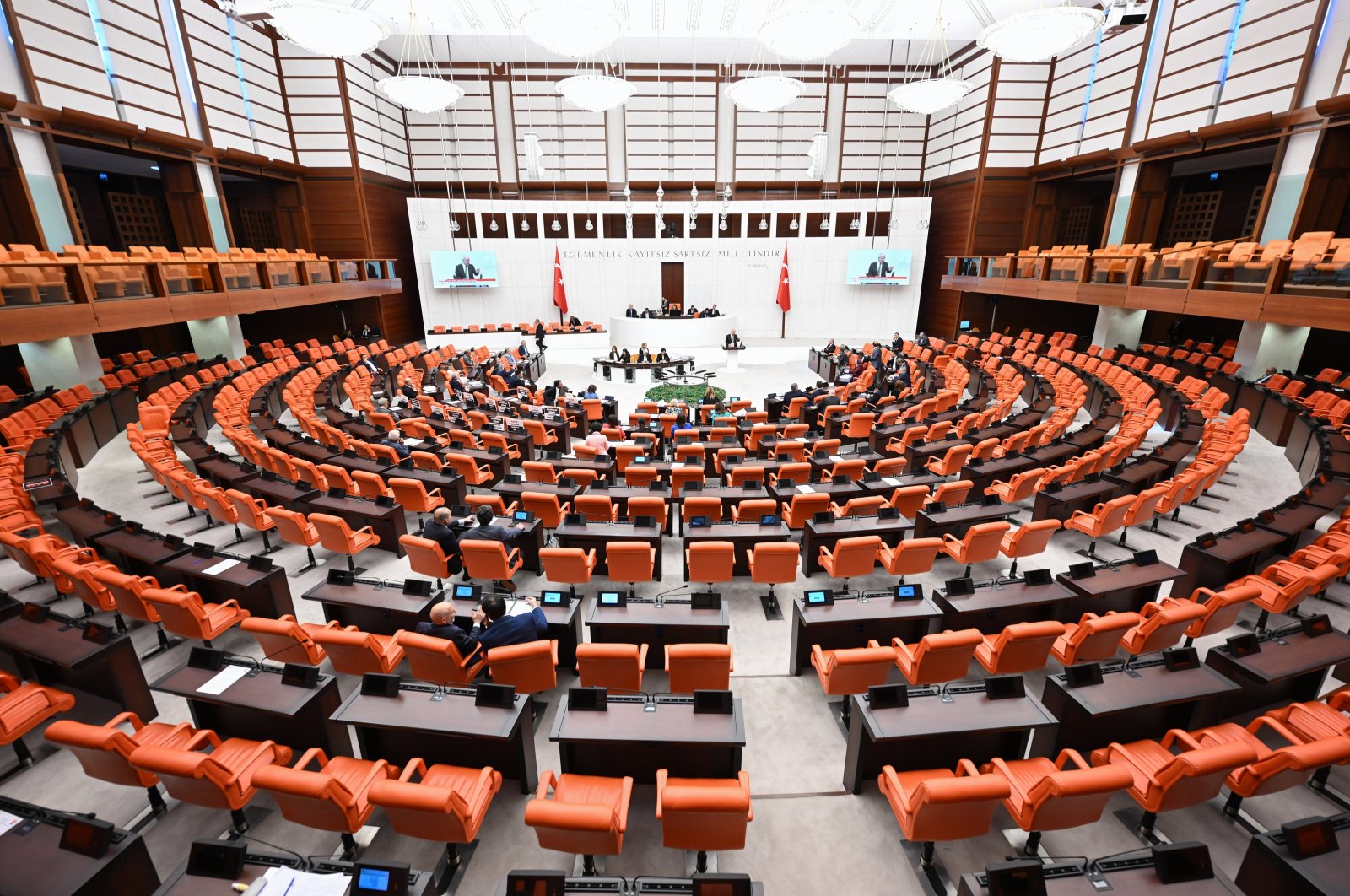
An omnibus bill set to be tabled by the Turkish Grand National Assembly (TBMM) this week includes a proposed law that better defines the crime of espionage and introduces harsher sentences.
The "Ninth Judiciary Package,” as it is colloquially termed, involves a set of new laws and regulations seeking to improve the Turkish legal system.
It comes at a time of heightened espionage activity in the country. As the Palestine-Israel conflict raged on, Türkiye uncovered several networks operated by Mossad in the country. They are accused of recruiting Turkish nationals and people of other nationalities living in the country to spy on Palestinians, particularly people associated with the resistance group Hamas. Earlier this year, authorities have also discovered several Syrians working for the French intelligence.
The Turkish Penal Code already has several articles defining espionage activities and sentences for such crimes. The new law will introduce a more comprehensive definition, including "committing a crime against state security or political benefits of the state.” An existing article aims to penalize "acquisition of information and documents or announcements of those documents/information” while a new addition to the code will bring prison terms between three to seven years for those "committing crimes against state security or internal or external political benefits/interests of the state or those committing crimes for strategic interests of a foreign state or organization and those committing crimes under the order of a foreign state or organization.” Thus, perpetrators of such crimes could be sentenced separately.
Prison terms will be further increased to between eight to 12 years if the crime is committed during wartime or jeopardizes the state’s combat preparation, combat efficiency and military movements. Sentences will be further increased if the crime is committed by those working on/in projects, facilities and services of strategic importance for national security. The justice minister will be authorized to initiate inquiries in those crimes.
